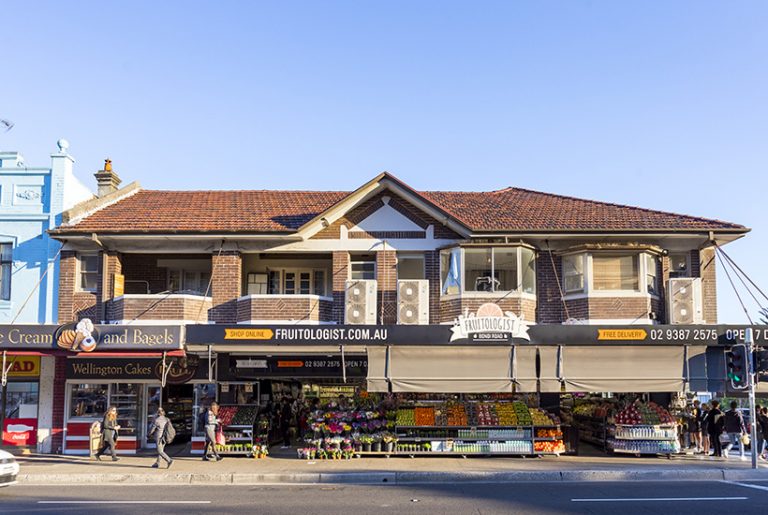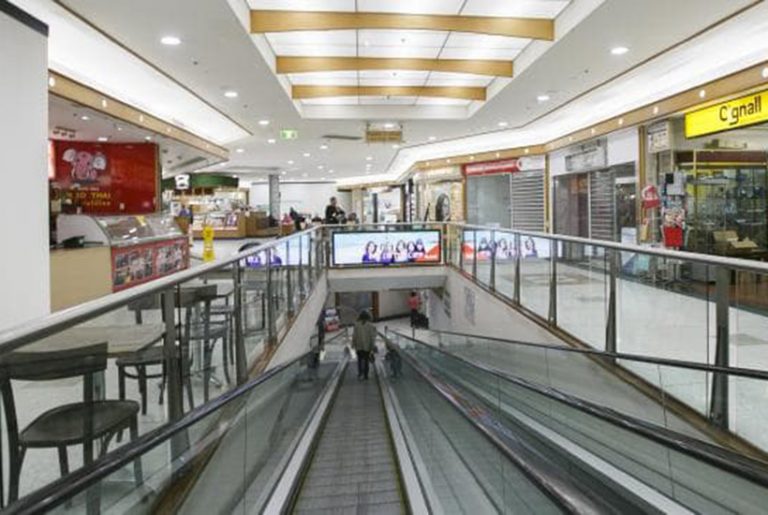Developers and landlords warn of flipside to NSW coronavirus code

Some of the nation’s largest property developers and owners are concerned that the NSW government’s $440 million commercial and residential tenancy code of conduct could financially hurt big and small landlords.
The NSW government has followed Queensland and Tasmania in producing new measures to assist landlords and tenants through the COVID-19 pandemic. But lobby group The Property Council, representing the nation’s largest property investors and developers, said the code had “hidden challenges”.
The plan will see the NSW government roughly divide $440 million between commercial and residential landlords and tenants. Landlords must negotiate rent relief agreements with tenants in financial distress due to the virus.
In return, the government is offering eligible landlords land tax concessions of up to 25% if they pass the saving on to tenants.
The six-month support package includes a moratorium on applications for forced evictions due to rental arrears for those financially disadvantaged by COVID-19, and new requirements for landlords and tenants to negotiate over rent payments.
MORE: Commercial property coronavirus news
The Shopping Centre Council of Australia welcomed the NSW government’s package, saying it sends a strong signal that SME retailers can sit down with landlords to discuss rent relief and business continuity with confidence.
NSW Property Council executive director Jane Fitzgerald wants to ensure property companies that have their own financial commitments and obligations are not made victims of the pandemic.
“We hope to work with the NSW government to ensure the intent of the code is met so property companies, who also have their own financial commitments and obligations to meet, are supported in doing the right thing and do not become victims of the pandemic,” Fitzgerald says.
“It is important to note that allowing tenants to terminate leases without cause has been taken off the table and from that starting point we are hopeful of achieving a sensible and balanced result.”
She said the key issues that must be clarified included ensuring the code only applied to tenants in receipt of a JobKeeper allowance who were in genuine financial distress. “In addition, small property companies and those with larger tenants will need protection to ensure they too survive the COVID-19 crisis,” Fitzgerald says.
“We must avoid a situation where too much of the burden of delivering relief for tenants is expected to be carried by commercial property owners, which include many smaller investors and businesses. Similarly, larger owners with property in NSW have complex financial obligations of their own, including to offshore lenders, which must be given careful attention. There is undoubtedly a role for the banks to step up here.’’
Stockland managing director Mark Steinert said last week the shopping centre owner would engage with its small to medium- sized tenants to determine eligibility and suitable solutions for their businesses. “As the impacts of this process will remain very uncertain until those discussions are complete, it will be some time before we know the full impact on Stockland,” he said.
“We know many businesses are experiencing significant impacts from this evolving crisis and we are actively engaging with our tenants.”
He could not be contacted for further comment on Monday.
Scentre group chief executive Peter Allen says it is important “we help SME retailers to get to the other side” and is working with industry bodies and governments to develop an SME retail leasing code of conduct to apply during the COVID-19 period.
“Our aim is, in a proportionate and measured way, to share the financial risk and cashflow impact during COVID-19 with the interests of all our stakeholders, which include SME and mum and dad retailers right through to mum and dad investors,” he says.
“There is no one-size-fits-all approach. It’s going to take a lot of time to work through arrangements with our 2600 SME retailers and their banks to get them to the other side. We all accept that retail leases are legal obligations and enshrined in the laws of the states and territories, yet we are also commercial people and we understand there needs to be many factors taken into consideration as we come to an agreement on temporary arrangements and work our way through these extremely difficult times.
“We are committed to working with our SME retailers and their banks so they have the capacity to re-open, re-employ staff and scale up as quickly as they can when normal trading patterns resume.”
Tenants and landlords would have access to assistance from Fair Trading to resolve matters after the end of the 60-day period, the NSW government says.
“NSW Fair Trading’s dispute resolution service will be available to assist if the parties are unable to renegotiate and agree on new rental arrangements,” it said.
Multi-billionaire Harry Triguboff, one of the state’s largest residential landlords, could not be reached for comment on Monday.
This article originally appeared on www.theaustralian.com.au/property.







